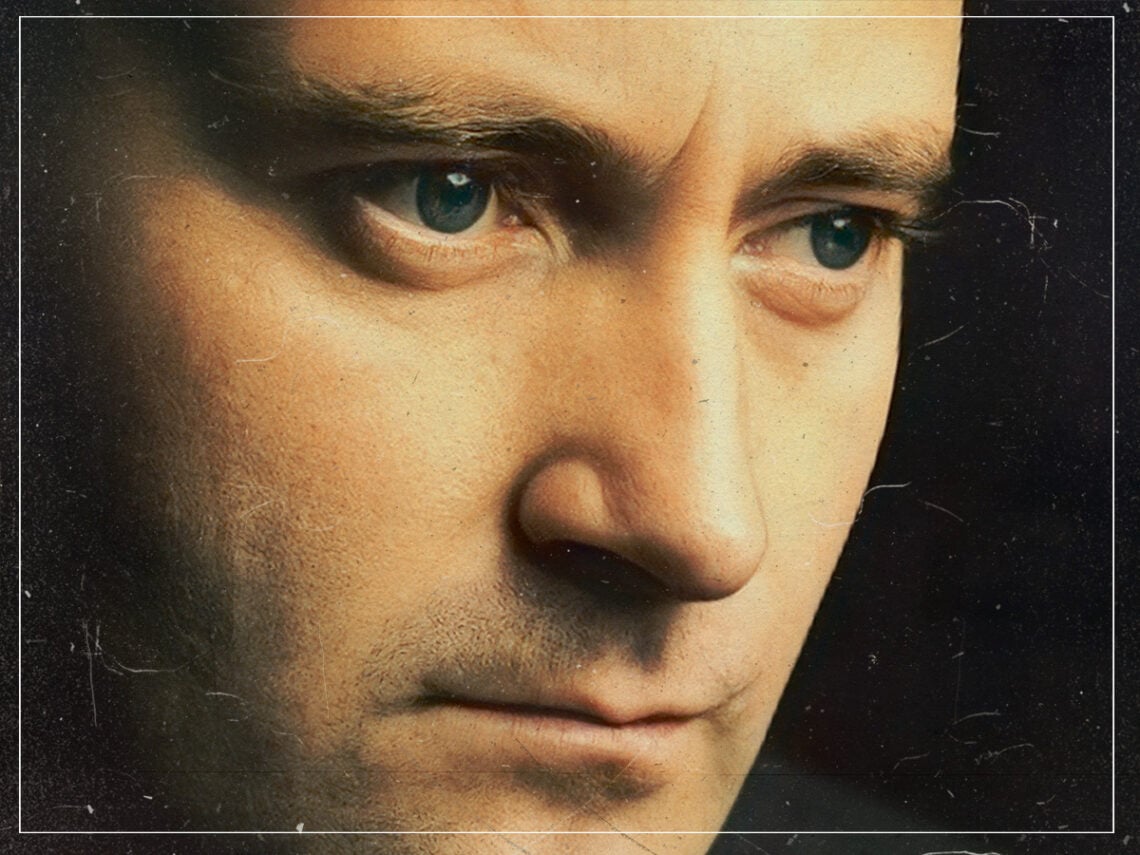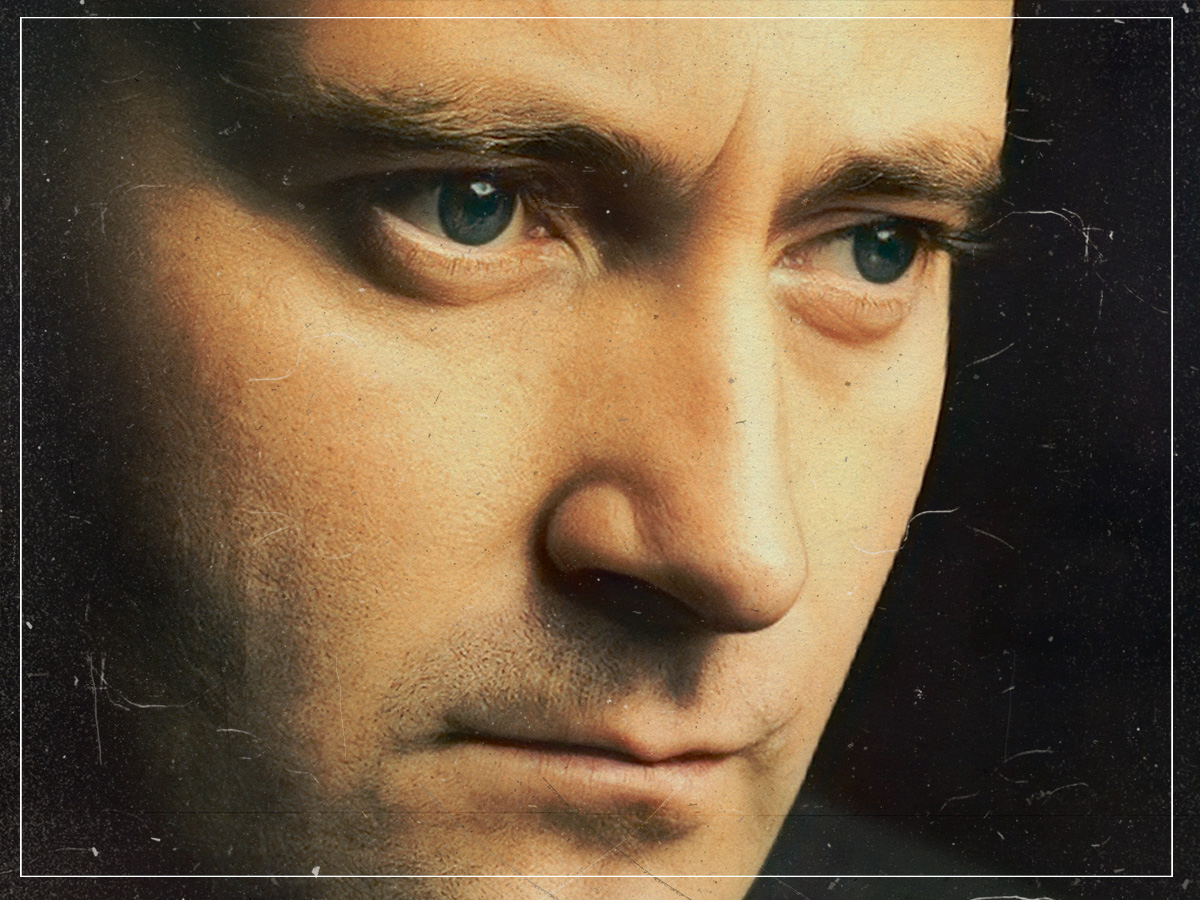
(Credits: Far Out / Warner Music)
Thu 14 August 2025 15:30, UK
Not every musical movement deserves to be in the spotlight until the end of time. Music must change if it is to still have a grip on the zeitgeist, and while Phil Collins had been the victim of changing times, he knew it was a necessary evil that many musicians have had to deal with.
Granted, Collins had the misfortune of seeing rock and roll shift on a dime a little too much for his taste. Outside of growing up in the era of music twisting itself into different shapes, his turn as a solo superstar in the 1980s was the best and worst thing that could have happened to him. He was selling boatloads of records, but there were also a handful of people who would rather take a clubbing to their genitals than have to listen to ‘Sussudio’ one more time.
And despite his turn as a soundtrack mainstay in the 1990s, it’s not like he would escape ‘Cool Brittania’, either. The charts had been very kind to him before, but now that the biggest names in music like Noel Gallagher were talking trash about all of his major radio hits, Collins felt like an over-the-hill rock star who was entirely out of touch with what he was doing. That said, he had already dealt with this kind of trash-talk before the punk movement came along.
Because looking at the biggest names in punk, all of them seemed to despise everything that Genesis stood for. They did have some stellar musicianship on their records and could pen more than a few great musical movements, but there wasn’t a single kid with a safety pin through their nose and a leather jacket that would go anywhere near The Lamb Lies Down on Broadway.
But for all of the mudslinging that came in their direction, Collins had to commend punk to a certain degree, even if he did get a few digs in, saying, “Everything started changing. Punk came along. If all the other [genres] were like a tree, and all the bands are like apples, the punk things comes along and shakes the tree, and a few of the good ones stay up.”
Adding, “It was great, what it did. It encouraged people that didn’t know how to play an instrument to make a noise on it, and I think that’s great. To not have a degree in music to necessarily play, but, of course, there’s a lot of crap there as well.”
While punk did a great job of cleaning house and exposing how self-absorbed prog rock could be, the greatest bands from that time also managed to take some cues from the enemy. The Clash knew that they needed to keep their music diverse if they wanted to have a career, and even when The Police broke out in the late 1970s, they were one of the few bands that could make a musically sophisticated pop song while still getting away with playing at CBGBs.
Although Collins was not going to earn himself any points by adopting the punk mould or anything, there was a reason he came out relatively unscathed when the dust had settled. Genesis was already a new band after Peter Gabriel left, and while they were still prog, they were changing as much as the biggest names in punk were when they released albums like A Trick of the Tail.
While Collins did eventually bow out of making music in the 2000s, there’s a reason why his songs still lasted in an era that was downright toxic to prog. Sex Pistols and Ramones practically lit a fire underneath the entire music scene, and when all the prog mainstays were burned down to ash, Collins was still standing with fantastic tunes in his arsenal.
Related Topics
The Far Out Punk Newsletter
All the latest Punk content from the independent voice of culture.
Straight to your inbox.

